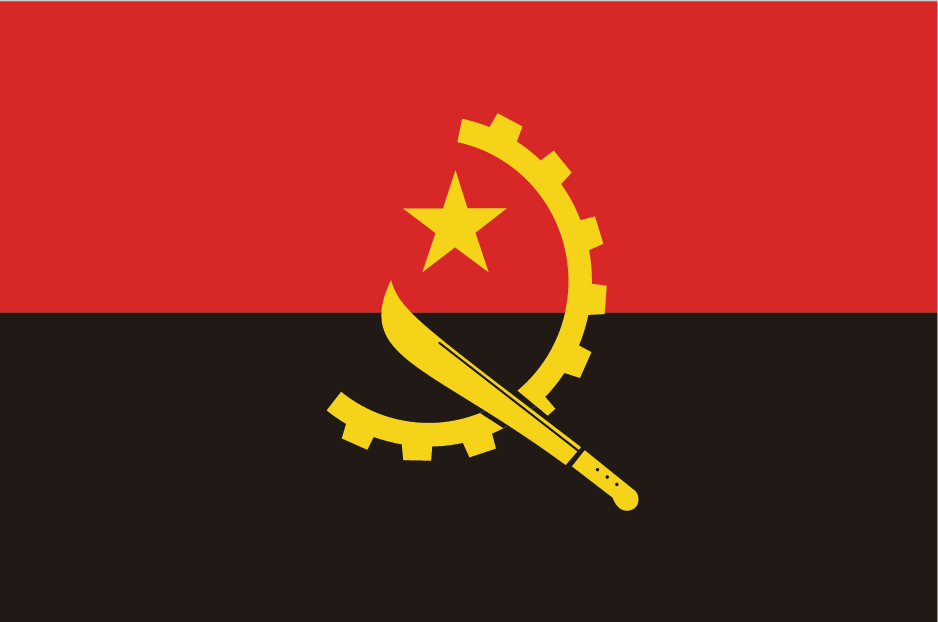
Sustainability Efforts
Country: Angola
Explore sustainability efforts in Angola. The United States Environmental Protection Agency (“EPA”) said it well when they state:
“Sustainability is based on a simple principle: Everything that we need for our survival and well-being depends, either directly or indirectly, on our natural environment. To pursue sustainability is to create and maintain the conditions under which humans and nature can exist in productive harmony to support present and future generations.”
About Angola
Angola, located on the southwestern coast of Africa, is a country of rich cultural heritage and diverse landscapes. From the vibrant capital city of Luanda to the remote wilderness of the Okavango Basin, Angola offers a unique blend of urban sophistication and natural beauty. In recent years, Angola has been making significant efforts to combat various challenges that have been holding back the country’s progress. From poverty to gender equality, Angola has been working hard to improve the lives of its citizens. On this page, we discuss 17 aspects of Angola and the efforts being made to combat these issues. Sustainability efforts in Angola will enhance the country’s future.
Sustainability Efforts
Toggle each button below to “open” and “close” the presented data.

According to the World Bank, over 40% of Angolans live below the poverty line. To combat this issue, the Angolan government has implemented various social programs aimed at reducing poverty levels.

Angola is one of the countries in sub-Saharan Africa that is most affected by hunger. To address this issue, the government has been working with international organizations to improve food security and nutrition.

Angola's healthcare system is still in its early stages of development, with many challenges to overcome. However, the government has been investing in healthcare infrastructure and training more medical professionals to improve access to quality healthcare.

Angola has made significant progress in improving access to education in recent years. The government has been investing in education infrastructure and providing more opportunities for children to attend school.

Women in Angola still face many challenges, including limited access to education and healthcare. The government has been working to promote gender equality and empower women through various initiatives.

Access to clean water and sanitation is still a major challenge in Angola. The government has been working to improve access to clean water and sanitation through infrastructure development and education programs.

Angola has abundant natural resources, including oil and gas, but still relies heavily on non-renewable energy sources. The government has been investing in renewable energy sources to reduce dependence on non-renewable energy.

Angola has experienced significant economic growth in recent years, driven by oil exports. However, the government has been working to diversify the economy and promote sustainable economic growth.

Angola is still in the early stages of industrial development, but the government has been working to promote innovation and entrepreneurship to drive economic growth.

Angola is one of the most unequal countries in the world, with significant disparities between rich and poor. The government has been working to reduce these inequalities through social programs and economic policies.

Angola's urban areas are growing rapidly, but many cities lack basic infrastructure and services. The government has been investing in sustainable urban development to improve living conditions for citizens.

Angola is still heavily dependent on imports for many goods and services. The government has been promoting local production to reduce dependence on imports and promote sustainable consumption.

Angola is vulnerable to the impacts of climate change, including droughts and floods. The government has been working to promote climate action and reduce greenhouse gas emissions.

Angola's marine ecosystem is rich in biodiversity but is also threatened by overfishing and pollution. The government has been working to promote sustainable fishing practices and protect marine habitats.

Angola has made significant progress in promoting peace and stability since the end of the civil war in 2002. The government has been working to strengthen institutions that promote justice and human rights.

Angola's natural environment is rich in biodiversity but is threatened by deforestation and other environmental challenges. The government has been working to protect natural habitats and promote sustainable land use practices.

Partnerships for the goals: Angola has been working with international organizations and other countries to address many of these challenges. The government recognizes that partnerships are crucial for achieving sustainable development goals.



